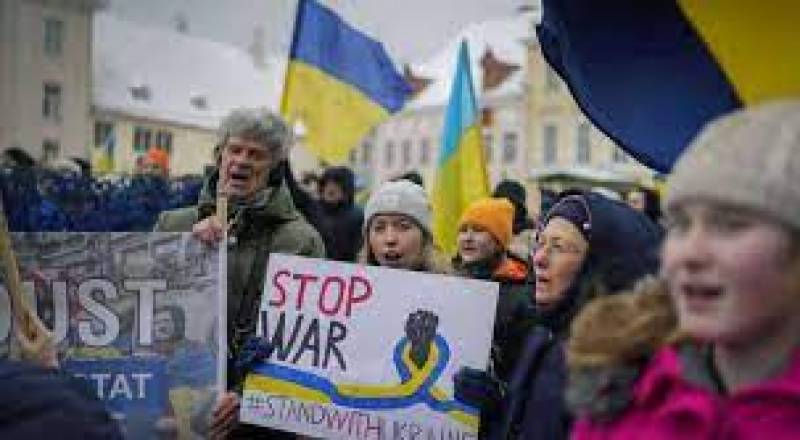TALLINN (AFP/APP): Estonians go to the polls on Sunday to elect a new parliament in a vote that could bolster far-right nationalists, who have campaigned on opposing further arms deliveries to Ukraine.
Prime Minister Kaja Kallas’s centre-right Reform Party is set to win, according to opinion polls, but would likely have to form a coalition to stay in power.
The party is expected to garner 28.7 percent of votes, according to a February survey by Kantar Emor that put the far-right EKRE in second place with 18.2.
The February poll placed the Centre Party on 13.4 percent, Estonia 200 on 13.4 percent, the Social Democrats on 10.1 and Isamaa (Fatherland) on 8.5.
Estonia, a country of 1.3 million people bordering Russia, has a unicameral parliament with 101 seats, all at stake in Sunday’s vote.
The Baltic state, a member of the EU and NATO, has led international calls over the past year for more military aid to help Ukraine fight off Russia’s invasion.
Estonia’s military assistance to Ukraine currently amounts to more than one percent of GDP — the biggest contribution of any country relative to the size of its economy.
“We support an open, friendly, Western-minded, European, smart country,” Kallas told AFP in an interview.
“My biggest competitor thinks that we shouldn’t help Ukraine, we shouldn’t support Ukraine, we should only look for our self-interest,” she said.
According to EKRE’s leader, Martin Helme, Estonia should not be “further escalating tensions” with Moscow.
EKRE has campaigned against additional military aid to Kyiv and called for an end to accepting Ukrainian refugees and for lower immigration rates to protect Estonian workers.
At the same time, the cost of living crisis has spiralled in Estonia, with one of the EU’s highest inflation rates — 18.6 percent in January over 12 months earlier.
The Centre Party, which is traditionally popular with Estonia’s large Russian-speaking minority, has supported government policy on Ukraine and on Russia.
This has put off some Russian-speaking voters, and rates of abstention among the minority, around a quarter of the population, could be high.







